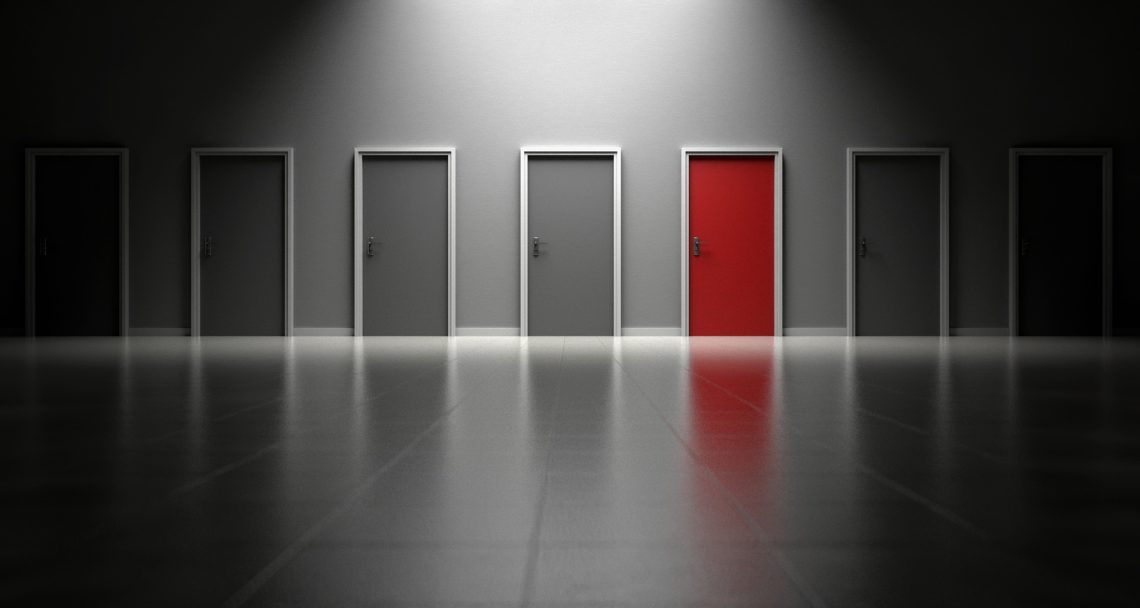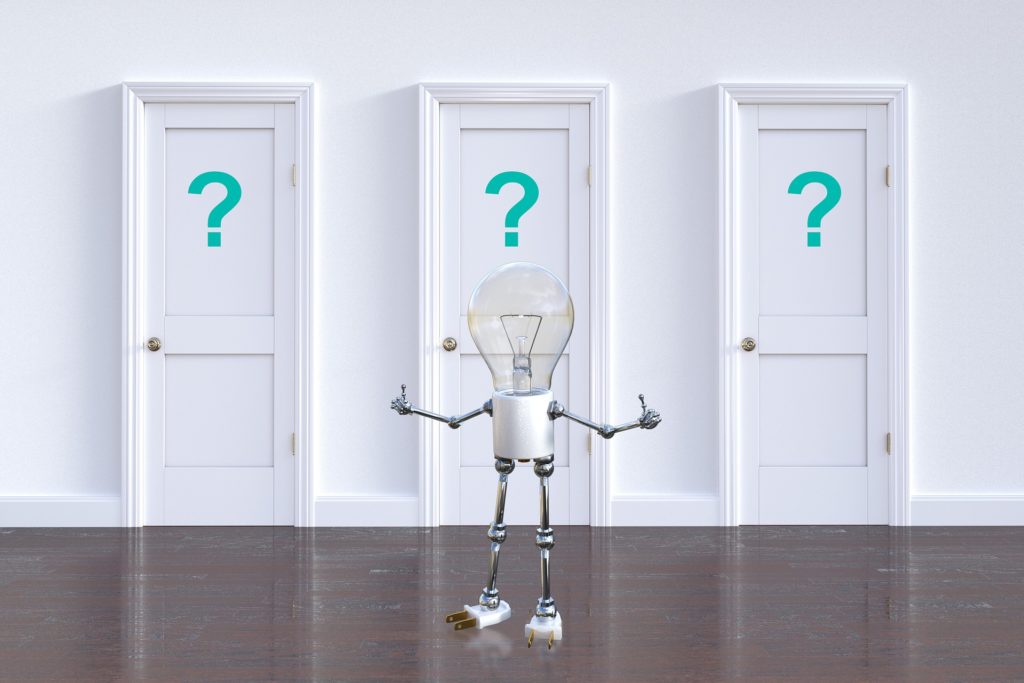
Can you easily decide and stick with your decision?
Last Updated on March 4, 2019 by Lucie Klabanová
Regularly each morning I ask my 4 year old son what he wants for breakfast. When my mother noticed it, she told me not to ask him and just serve him what I consider best. “You are too benevolent.” she said.
It is true that to decide between blueberry and peach yoghurt requires in his case several precious morning minutes. :-) It would for sure be easier not to ask him.
So why I do ask him, what he wants?
Because I think, he should learn to decide. The sooner he will learn to take the decision about unimportant things, the easier it will be in the future on the really important ones.
My generation (in my country) was not grown up learning independent thinking and accepting responsibility of our own decisions.
But now we live in different age. While having much more possibilities we also need to choose and decide more often.
Petr Ludwig in his book End procrastination (now also available in English – I highly recommend this book) describes quite precisely how the decision paralysis is influencing us and how we need to learn to get rid of it.
Decision paralysis is a status when due to big amount of choices we choose in the end none of them. Probably you are experiencing it when checking your list of tasks that is too long and you have no idea what to start with. In that moment, you do not want to do anything. It is a reason for low actionability.
If we want to be effective, we need to fight it.
And that is what I am teaching my son with this “morning ritual”.
In his case you can also nicely observe what the research shows: The more options we compare the harder it is to decide. If I let him choose from three instead of two yoghurts, very often he selects one and shortly after changes his decision to another one. :-)
And here I come to the point: it is not over after the decision is made.
Imagine a situation when you are choosing between two job offers. You decide to take one. But before you manage to give a call to both companies and tell them your decision, suddenly all doubts starts to shout: But shouldn’t I take the other one instead?
And so this is the second part of a decision: to stick with it.
If you have “scientific approach” to such situations, probably you make a list of “PLUSes” and “MINUSes” to serve as a helpful tool. But, is it enough? Are those facts the only decisive ones?
Well, even more important than how much of pluses and minuses you put down is their importance to you. Maybe for the offer “A” you have 10+ and 5- points, while for “B” only 4+ and 20- points. But what if the 4 positive aspects are the most valuable for you? Than, seemingly not logically, you will choose offer “B”. And that is right.

So, what is key to know to be able to fight with your doubts, that come immediately (always) after a decision?
- Know your priorities. Make them clear. Tell it loud, that this is THE thing important and decisive for you. By that you are answering yourself the question “Why?” so the following decisions will be easier.
- Go to your friends for advice, but only BEFORE you make the decision.
- Do have a trust in yourself and maybe also a bit in destiny, too. Try to believe it will be good. It is calming.
- After you have decided, do not change your decision. Do not try to look for mistakes in the decision. Instead, look for the confirmation that it was right. As well as you will never find out if you have chosen the best offer, because it can always be better as well as worse. And by digging into “IF” only deepens the insecurity. Better to tell yourself: “Let’s try to get maximum of this and if it is not working, I will try something else.”
After all, life is a change. :-)
Lucie Klabanová
I am a mentor, leader and pioneer of business process improvement. I help companies and individuals to find effective ways to achieve their goals. More about me you can find here>>

This is too much, I cannot make it!
You May Also Like

How not to get mad during home office or quarantine
March 17, 2020
Praise – a reward of which there is never enough
November 29, 2019

